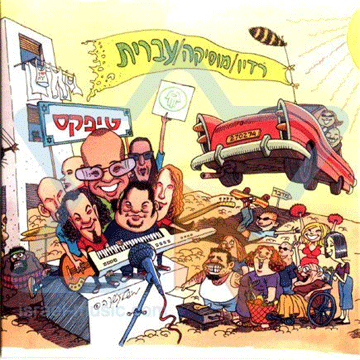
HEBREW FIRST: File photo of Limor Livnat speaking to the media in the United States in 2000: “In these times, when there are radical groups of Israeli Arabs trying to turn the State of Israel into a bi-national state, it is most urgent to put into law the unique status of the language of the Bible – the Hebrew language,” Livnat has argued. (Newscom)
By MEL FRYKBERG Middle East Times, June 10, 2008
JERUSALEM — In a move that has outraged both Arab Israelis and some progressive Jewish Israelis, a new bill was presented to the Israeli Knesset or parliament last week to relegate Israel’s other official language Arabic to that of a secondary language, leaving Hebrew as the only official language.
The bill was drafted by Likud Member of the Knesset (MK) Limor Livnat, a renowned right-winger, and was seconded by MKs Yuli Edelstein from Likud, Otniel Schneller from Kadima and Ya’acov Margi from the ultra-Orthodox Shas party.
Should this move be approved by the Knesset, then Arabic would be downgraded to the same level as English, a language native to only a small percentage of Israeli immigrants, and taught in schools primarily for the purpose of communicating with the international community.
Arabic is the native language of Arab Israelis or 20 percent of Israel’s population. Russian is spoken by 1 million people, out of a total comprising just over 7 million, with the remainder of the population speaking Hebrew as its first language. Continue reading Arabic ‘Threatens’ Israeli Supremacy






